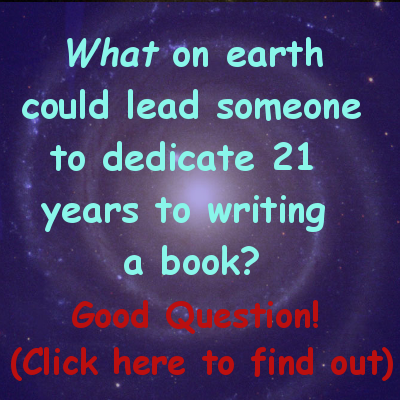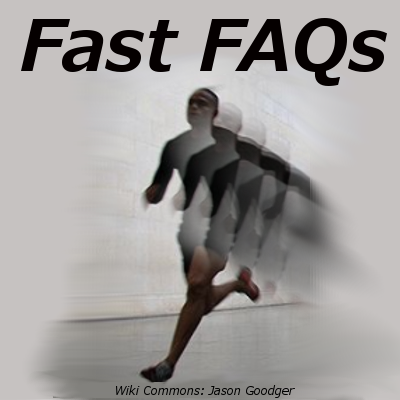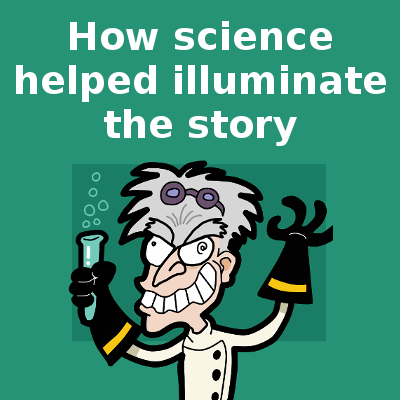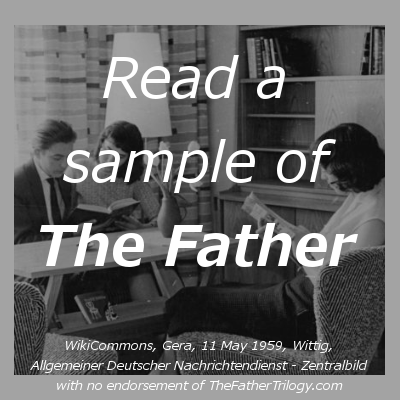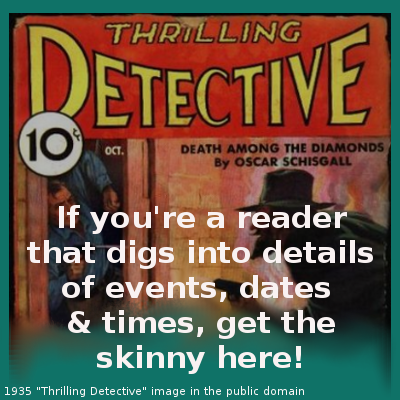
The Characters:
The main characters are Joseph, his son John, John’s son Morgan, and Morgan’s son John, named after Morgan’s father. Important roles are played by Claire, Candace, and Ne Shoul.
Characters And Their Times:
• A World War One (WWI) veteran, Joseph is a no-nonsense Midwestern farmer in 1926 America when farmers experienced the collapse of agriculture ahead of the wider financial depression of 1929. Once Europe recovered from war it stopped importing American grain creating an oversupply, depressing prices. While cities swelled with displaced farmers and population growth (120 million US, 2 billion worldwide), the Roaring Twenties tested bounds of traditional behavior with little concern for the expanding financial bubble on Wall Street. Historians attribute this lust for self-gratification as a response to psychological shocks of WWI, when positivism dominating 19th century thought (the betterment of human social life through scientific knowledge) was shattered under the capacity of scientific innovations able to kill in the millions. The war also set America on a path to power as mass production was engaged for domestic consumption. In this changing world, Joseph struggles to feed his family while maintaining traditions and virtues he was raised with.
• Joseph’s dutiful son, John, is born on the summer solstice in 1926. John absorbs the perspectives of his father with respect and admiration through face-to-face interaction of farm labor. Influence from alterations taking place outside the farm is limited by tight family bonds and distance from those social-change-generators, the cities. A fight for survival during the Great Depression breads violence between farmers and the power of banks. Social whiplash continues with World War Two just 23 years after WWI; the 1950s with its revived devotion to self-indulgence as response to depression and war; and near Civil War conditions of the 1960’s in response to the Vietnam War accompanied by continued lynching in the South.
• John’s son, Morgan, seems born with a grievance. John now works in a factory away from home, thus Morgan and his father share neither labor nor its face-to-face interaction once required on the farm. Morgan arrives to societal transformations of such velocity a sense of delirium creeps into American culture. Traditions and customs are attached to discrimination and indicted in America. Expanding individual rights by the Supreme Court; centralized federal government authority; continued military interventions; and capitalistic economic models all unknowingly impact true communities and the basis of civilization, the family unit. Scientific discoveries made earlier in the century seep into the public consciousness. Relativity's proof of “relative perspectives,” and quantum mechanics’ proof of uncertainty are quietly woven into the larger social discourse of sociology, human psychology, and cultural studies. Postmodernism - born mostly in 1950’s France - leaps the Atlantic with translated books, alongside Nietzsche’s predicted nihilism, expressed in his “God is dead” remark, adopted by 1960’s student protesters. Sociological disciplines attached to Postmodernism reclaim a more central role in academia (after near expulsion with success of the physical sciences) and become expert opinions referenced by American media alongside discoveries made by science departments.
• Morgan has a son of his own, John, named after his father. Morgan pushes his views on John starting at a young age. Positive, happy and gregarious, John’s perspective is in contrast to his father’s. John’s affable outlook does not abate the pace of change as evolution in classical liberalism implemented by The Founders exposes faults inherent in the theory from its beginning. A congestion of rights competition from 500 million Americans (world population: 10 billion) and the universal application of “motivated reason” (seeking justifications only for what one already believes) bewilders Americans unable to see their way clear of confusion. Media creeds are refined to define membership and belonging now that communities are dead. The nation is paralyzed as it descends down a dogmatic hole in history with the rise of other world superpowers. Having adopted his father’s scientific training, John uses it in his study of modern America at the middle of this 21st century. He seeks to find out why we are the way we are, and how to address the American condition in a world about to be unhinged.
